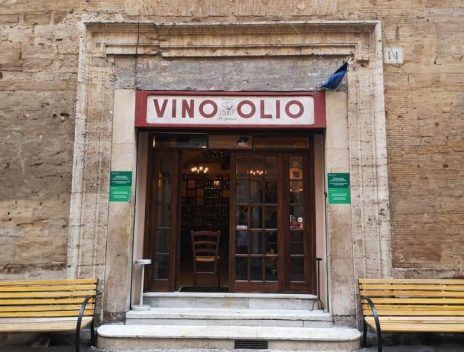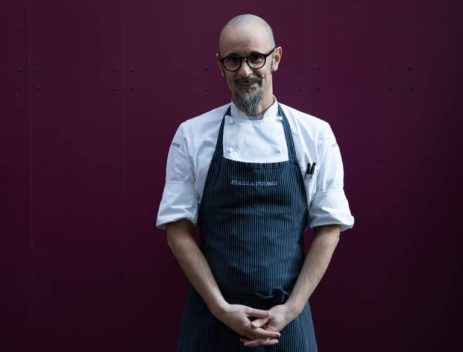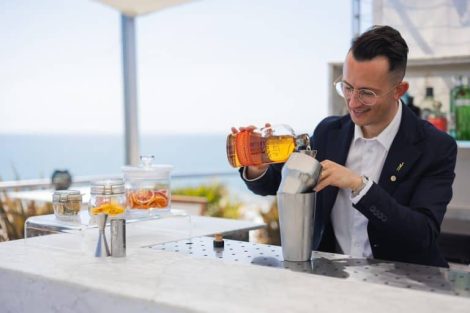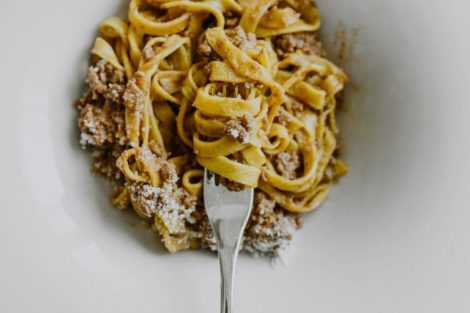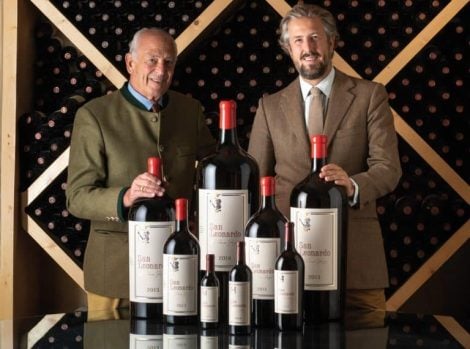Rossana sweets
A red wrapper, a small parallelepiped and a soft almond and hazelnut filling enclosed in a crunchy shell. But above all an unmistakable taste, the one of every Italian's childhood. Rossana are the sweets par excellence in Italy, the classic 'grandma’s sweets'. They were invented by Luisa Spagnoli – to which we owe the creation of Perugina's famous Bacio chocolate – who created them in 1926 after a night spent in the factory.
Haribo wheels
In Italy there is a large liquorice production, especially in Calabria and Abruzzo, but a place of honour among the world’s biggest brands is deserved by Haribo. Founded by Hans Riegel on 13 December 1920 in Bonn, Germany (the name derives from Ha-ns, Ri-egel, Bo-nn), the company is now one of the most famous in the confectionery industry. It started out as a small space set up in a courtyard’s wash house with only a marble slab, a stool, a walled kitchen, a sack of sugar, a roller and a copper cauldron. Even though its flagship product remains the gummy bear created in 1922, liquorice still plays a leading role in the company's production: after only three years, liquorice sticks with the Haribo logo on them began to appear, soon followed by many other products including wheels.
Leone pastilles
Less popular with children, these sweets are perfect for those who want to reduce disposable plastic packaging and go with more eco-friendly stocking stuffers. We are talking about the legendary pastilles packaged in cans or paper boxes featuring an original graphics, whether in their classic version or in the several limited editions. Established in 1857 when Luigi Leone opened his confectionery shop in Alba, it was moved a couple of years later to Collegno in the province of Turin, where the company is still based today. The first products were violet-flavoured liquorice gumdrops, later renamed senateurs in honour of their great admirer Camillo Benso Count of Cavour.

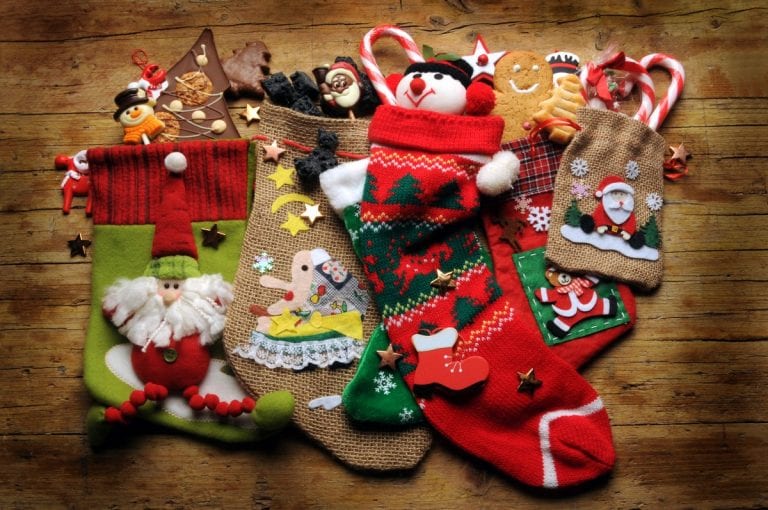
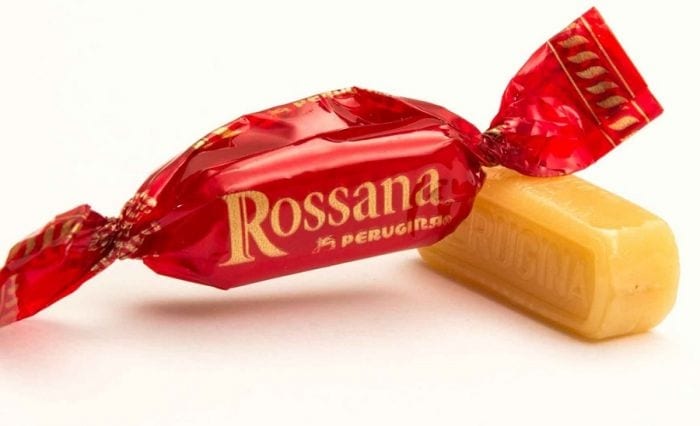
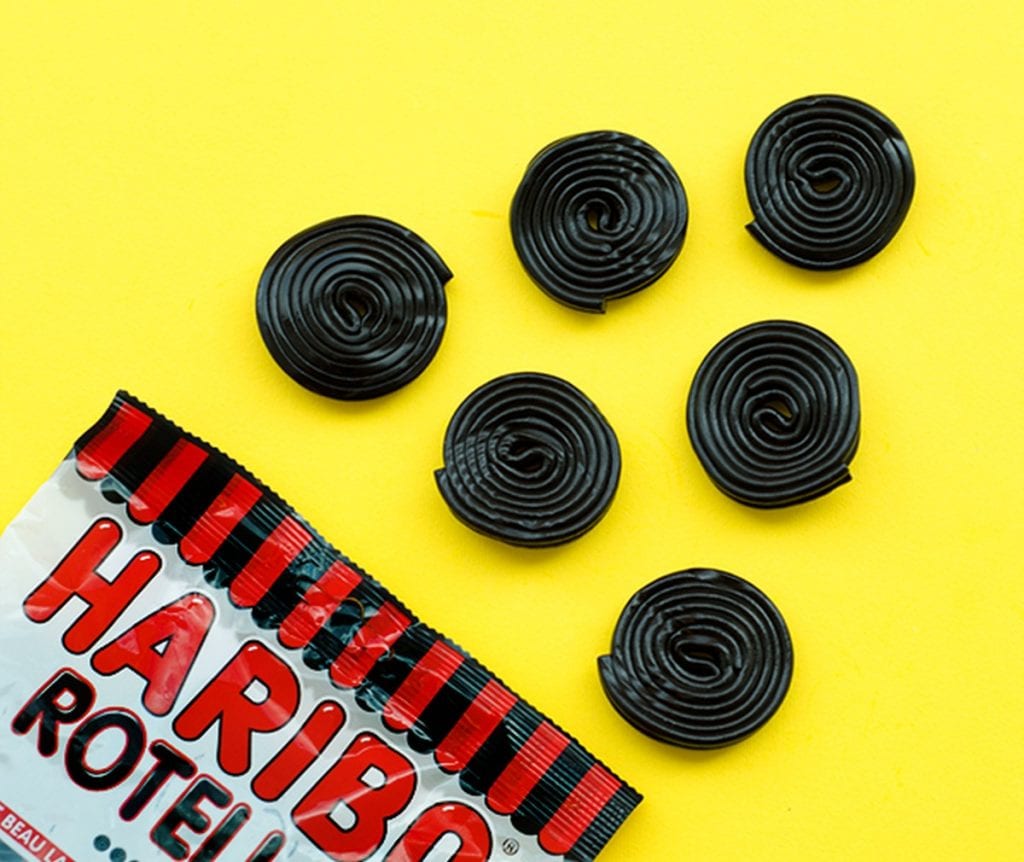
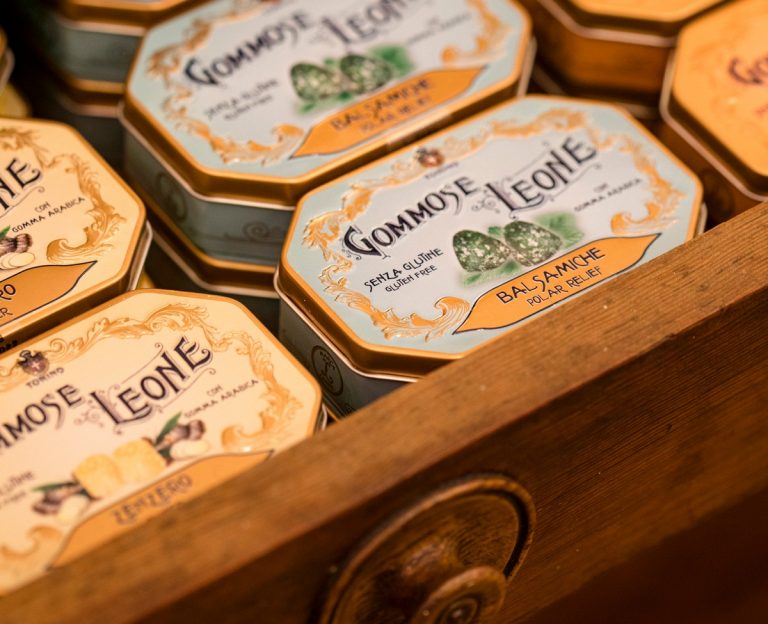
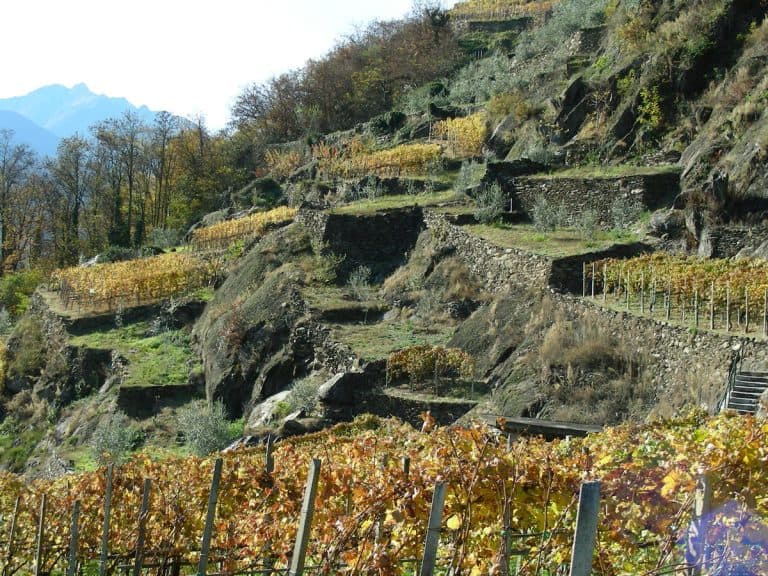 The oil always moves north, reaching England. How the map of olive trees is changing due to climate change
The oil always moves north, reaching England. How the map of olive trees is changing due to climate change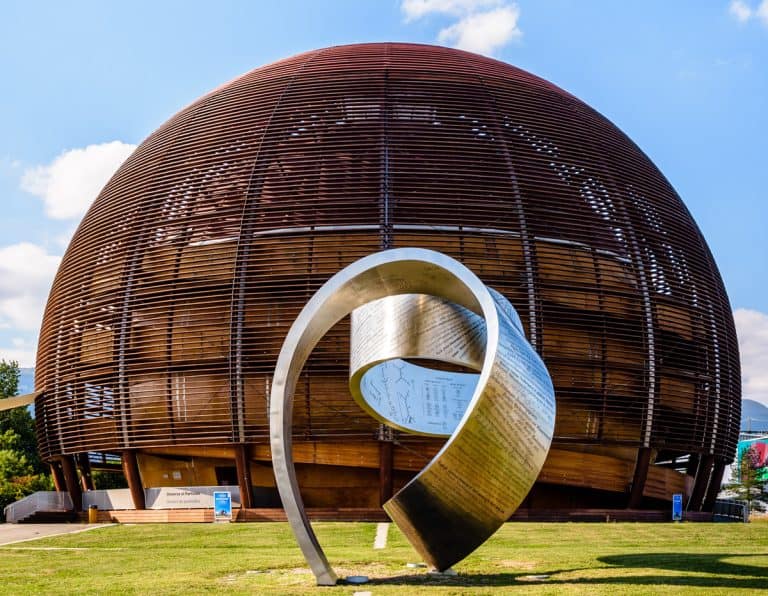 The Nobel Sandwich we tried at CERN, just steps from antimatter
The Nobel Sandwich we tried at CERN, just steps from antimatter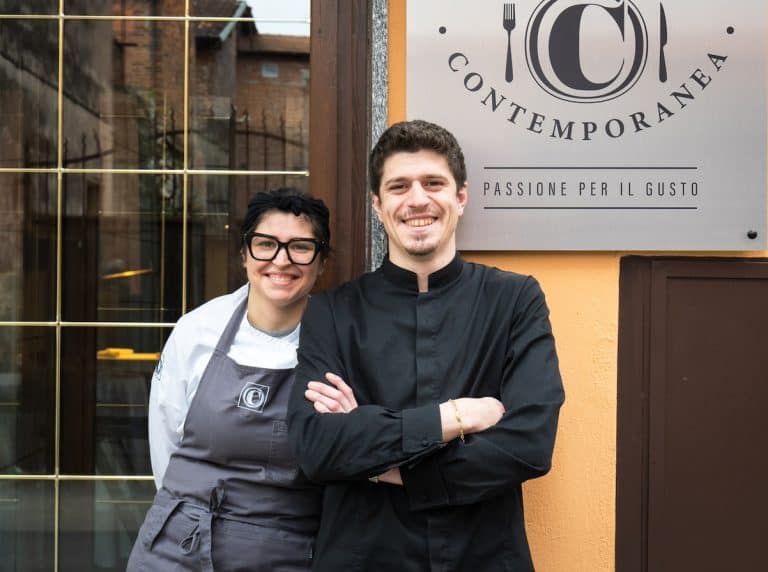 The two young talents from Gattinara revolutionising Italian cuisine
The two young talents from Gattinara revolutionising Italian cuisine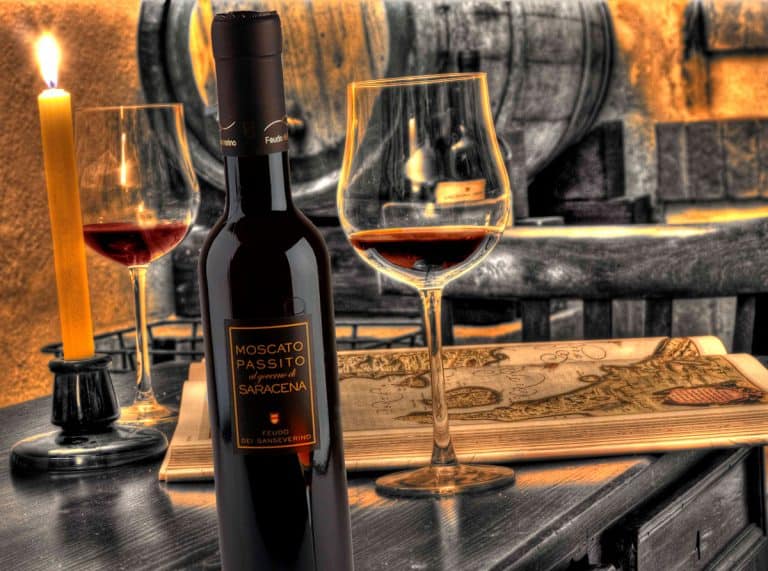 Here is the Meditation Wine of the Year according to Gambero Rosso
Here is the Meditation Wine of the Year according to Gambero Rosso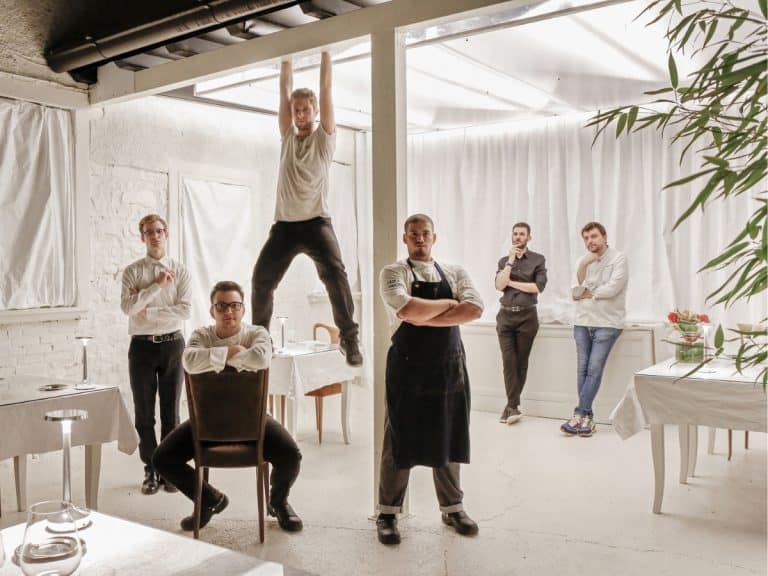 The 6 new 'Tre Forchette' restaurants of Gambero Rosso: here they are
The 6 new 'Tre Forchette' restaurants of Gambero Rosso: here they are